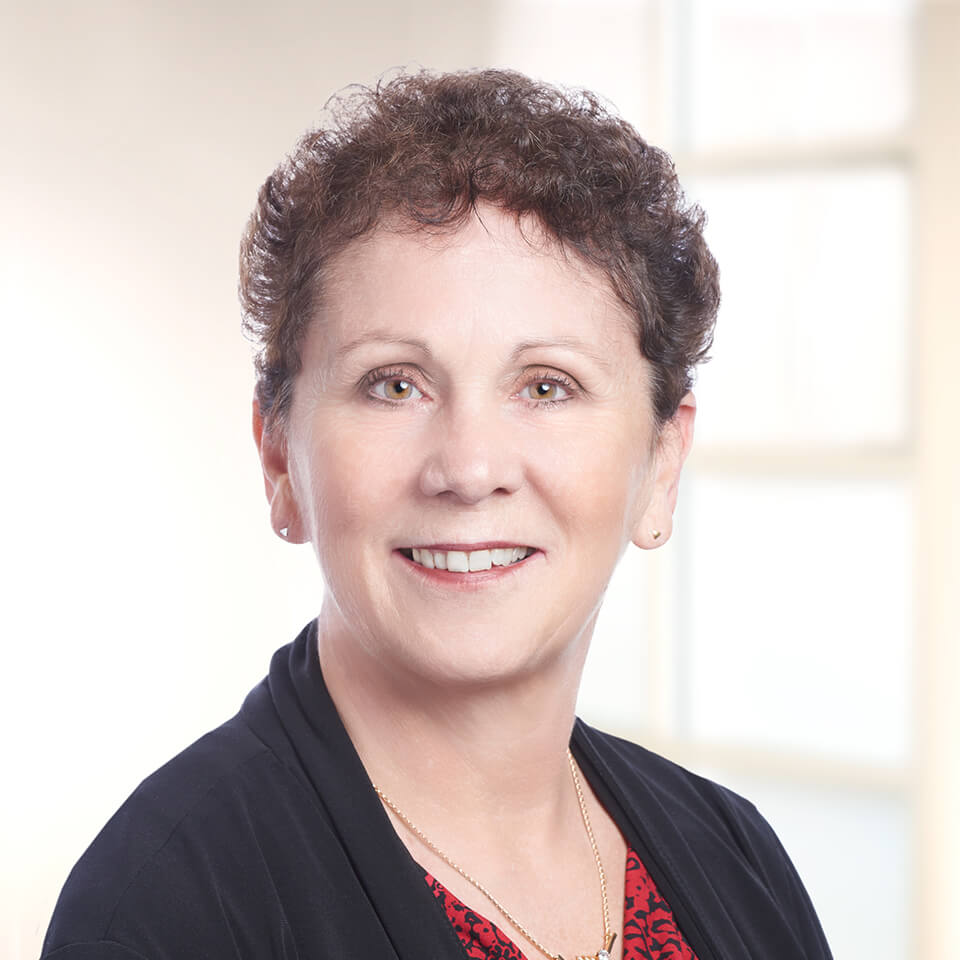Introduction
In the realm of leadership and shared governance, the use of a skilled facilitator is a highly effective yet often underutilized best practice. Shared governance council facilitators play a critical role in:
- Fostering excellence
- Promoting staff engagement
- Strengthening professional governance structures
However, many health care organizations either overlook this role or misassign facilitators as council leaders, undermining their full potential.
Defining the Facilitator Role in Shared Governance
Defining the facilitator role within shared governance and professional governance councils is essential. Facilitators should not be limited to task-driven organizers who manage logistics and agendas. This type of support, known as “basic facilitation”, addresses immediate needs but encourages long-term dependency.
In contrast, organizations seeking Magnet® recognition, autonomy, and sustainable governance success should embrace developmental facilitation.
What is Developmental Facilitation?
Developmental facilitation is a strategic, long-term approach that empowers councils to function independently. It helps embed shared governance and professional governance into organizational culture by:
- Empowering councils to function independently
- Teaching facilitation, process ownership, and decision-making
- Coaching council members before and after meetings
- Modeling behavior and enhancing group dynamics when necessary
Importantly, developmental facilitators are process experts—not content experts. Their value lies in guiding teams through effective communication, collaboration, and council management. This neutral stance enhances psychological safety, builds leadership capacity, and ensures shared governance and professional governance structures thrive without external dependency.
Desired Outcomes of Shared Governance Facilitation
A foundational step in facilitation is defining success. For shared governance and professional governance councils, success means assuming responsibility, authority, and accountability (RAA) for clinical practice and related outcomes. These outcomes include improvements in patient satisfaction, quality indicators that exceed benchmarks, and increased staff engagement. Facilitation should focus on helping councils define and achieve their own goals, not the facilitator’s agenda.
Traits of Effective Shared Governance Facilitators
High-impact facilitators share key traits essential for success in professional governance environments:
Neutrality: able to remain neutral, with no vested interest in the outcome
Flexibility: Able to pivot based on council needs
Adaptability: Responsive to organizational dynamics
Proactivity: Anticipates challenges and clears barriers
Responsiveness: Engaged and thoughtful in real-time
Resilience: Maintains calm and professionalism under stress
Courage: Willing to address difficult issues and guide growth
These qualities support the facilitator’s ability to empower staff-led councils, drive shared decision-making, and promote a high-performing governance structure.
In shared governance and professional governance, the facilitator’s purpose is not to dictate direction, but to guide councils toward their own vision. Developmental facilitation strengthens council leadership, nurtures shared accountability, and supports the long-term sustainability of governance frameworks aligned with Magnet® and Pathway to Excellence® standards.
To learn how to strengthen shared governance and professional governance councils through facilitation training or strategic support, contact Gen Guanci at gguanci@chcm.com or submit a consultation form today.
MAGNET®, Magnet Recognition Program®, ANCC Magnet Recognition®, Journey to Magnet Excellence®, Pathway to Excellence® Program, Pathway to Excellence in Long Term Care®, Demographic Data Collection Tool®, DDCT®, Practice Transition Accreditation Program® (PTAP) are registered trademarks of the American Nurses Credentialing Center (ANCC). The products and services of Creative Health Care Management are neither sponsored nor endorsed by ANCC. All rights reserved. The content presented in here is the expressed opinion of the author/presenter and not that of the American Nurses Credentialing Center (ANCC).
Gen is driven by the desire to help clients create organizational excellence through measurable improvement. She thrives on helping others reach meaningful goals, including Magnet® designation.


